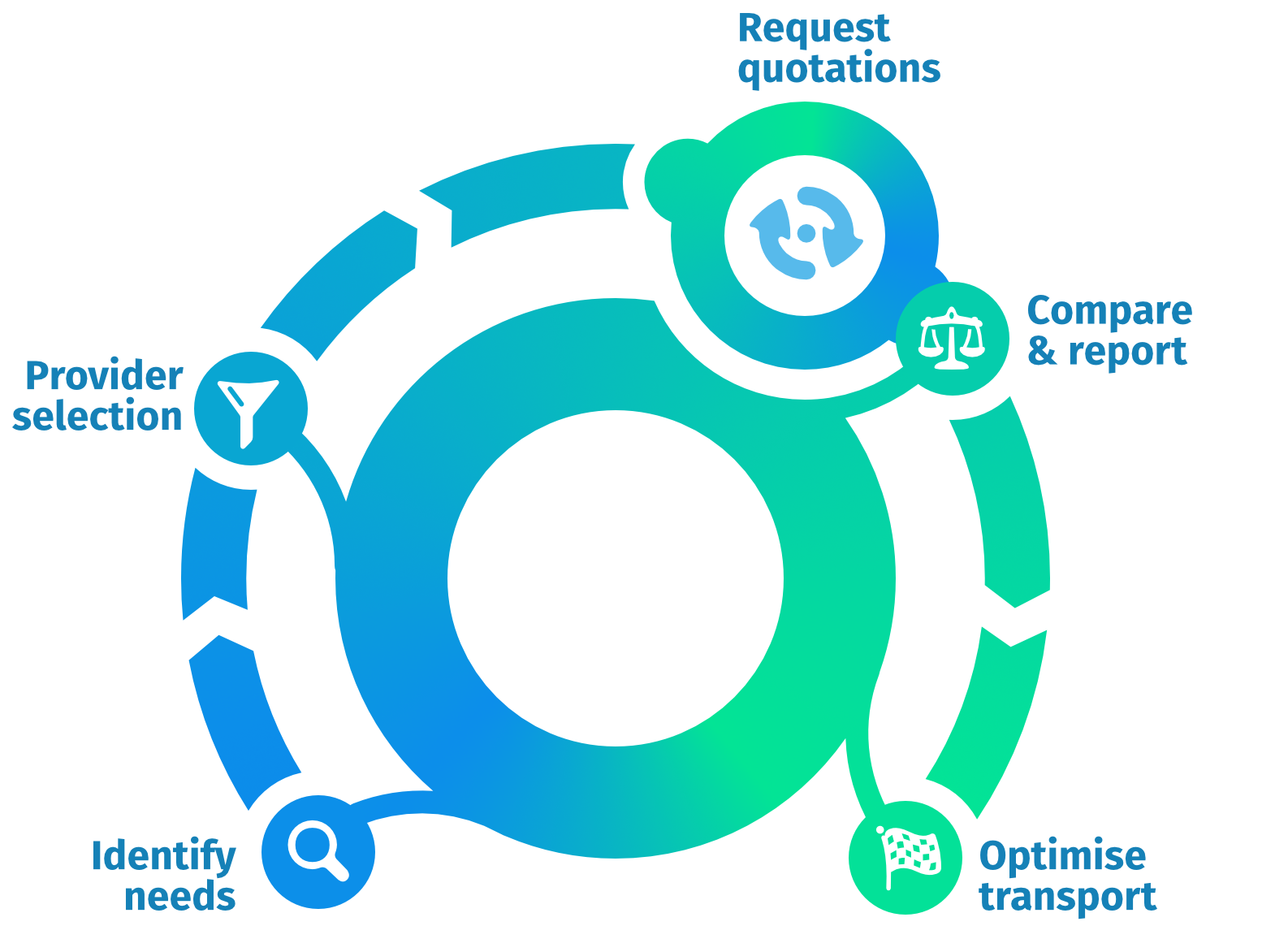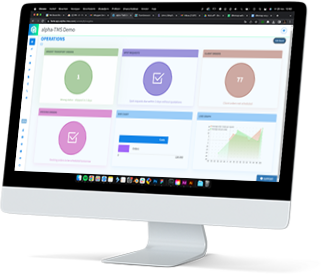The interim supply chain manager & transport
A logistics challenge, lack of time or capacity combined with urgency, then the interim supply chain manager or logistics manager quickly comes into the picture. Recruiters are often used to search for interim supply chain professionals, who advertise vacancies or approach freelancers in their network. Quickly finding a new force that can start to solve your challenge. In this blog, we explain why an interim supply chain manager is often not the ideal solution when your project is related to transport or transportation costs.
Let’s start by listing some benefits of an interim supply chain manager:

Temporary expertise
An interim supply chain professional brings very specific knowledge and experience in the field of supply chain management. Interim managers or freelancers have often seen many different projects at various companies, thus possessing broad knowledge of supply chain processes.
Flexibility
Hiring an interim supply chain manager offers flexibility to organisations. They can be deployed for a specific period or project, allowing companies to quickly respond to changes in market demand or business conditions without overburdening permanent staff. The latter ultimately affects other tasks.
Quickly available
Interim professionals are accustomed to getting started quickly. They have experience in different organisations and can adapt to new environments rapidly. This enables a swift implementation of improvements or solutions within the supply chain.
 Objectivity and fresh perspective
Objectivity and fresh perspective
An interim supply chain manager brings an external and objective view of an organization’s supply chain processes. They are capable of quickly identifying inefficiencies and bottlenecks that may be overlooked by internal employees who have developed a form of tunnel vision due to daily routines.
Knowledge transfer
In addition to executing tasks and projects, interim supply chain professionals can also transfer knowledge and expertise to internal employees. This helps build capacity and enhance skills within the organization.
Cost savings
Hiring an interim professional can be more cost-effective than hiring a permanent employee. Organisations do not have to enter into long-term employment contracts and can limit costs to the specific period in which the interim professional is needed. Interim professionals are accustomed to quickly adapting to a new organization and, as a result, become productive faster.
Transportcosts and supply chain management
But what if you are facing a challenge that involves transportation costs? Is the interim supply chain manager still an ideal solution? The question to be asked is whether the professional has the right tools at their disposal. Analysing freight costs is highly complex. It often involves extensive shipment data, different ways of calculating the basis for charged rate (load meters, kilograms, cubic meters), complex rate tables with various weight and postcode scales, surcharges, and many fine print details. Most interim supply chain managers do not have their own software, so companies need to ensure that the right software applications are available within the company to enable the interim professional to excel and achieve the desired goals.
Are you looking for an expert with time, knowledge of transport, the market, and the right software applications to perform complex analyses? Then you’ve come to the right place with Transinnovate! Feel free to contact us.





